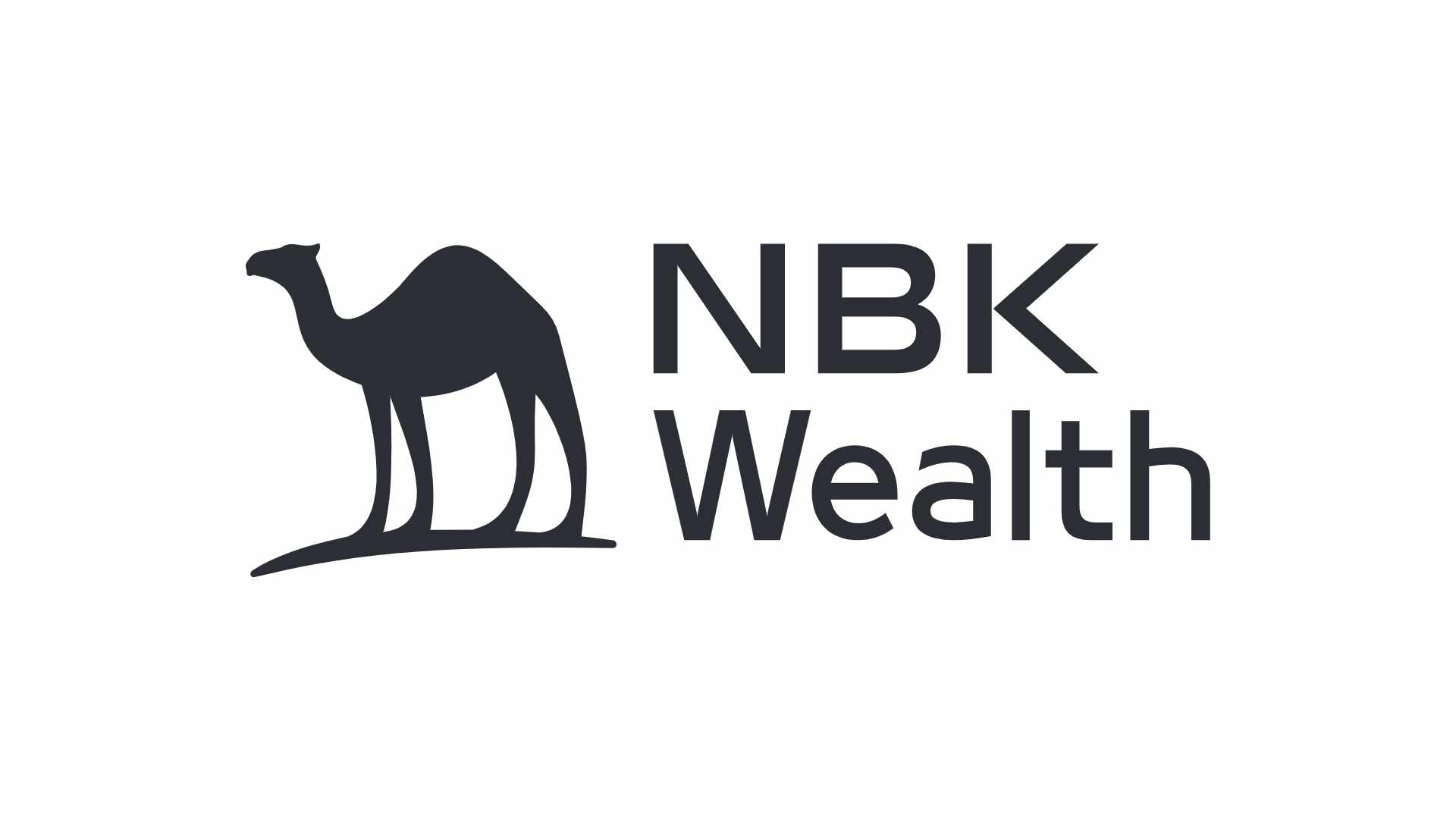GCC fiscal positions to remain robust in 2023/24: Moody’s
- Date: 18-Jan-2023
- Source: Kuwait Times
- Sector:Financial Services
- Country:Saudi Arabia
GCC fiscal positions to remain robust in 2023/24: Moody’s
KUWAIT: Continued economic growth, moderate domestic inflation and higher rates will preserve GCC banks’ solid financial performance, driving a stable outlook, says Moody’s Investor Service in its latest report. Higher oil prices and increased production after an OPEC+ agreement in 2021 have substantially increased hydrocarbon revenues in all six GCC countries. Crude oil output is likely to decline in 2023 after recent strategic production cuts announced by OPEC+, but hydrocarbon revenues will remain sufficiently robust for most GCC sovereigns to run substantial fiscal and current account surpluses in 2023.
This will allow governments to pay down debt, rebuild fiscal reserves, accumulate foreign-currency buffers, and progress with structural reforms and economic diversification projects. Strengthening government balance-sheets will boost confidence in the non-oil economy where banks do most of their business. Over time, more diversified economies will improve resistance against economic and fiscal shocks.
High energy prices through 2023 and ongoing economic diversification initiatives will support business sentiment in non-oil sectors where GCC banks do most of their lending. Robust capital and reserves provide protection GCC banks have robust core capital buffers against unexpected losses, and their problem loans are for the most part fully covered by provisions set against expected losses, Moody’s said.
Moderate























